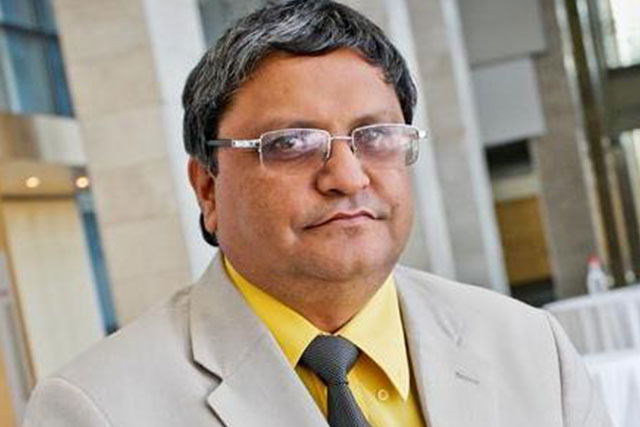The immediacy and connectedness of Social Media provides many positive benefits although it also introduces one major casualty called truth. Social Media persuades us an assertion maybe true and because so many people say it is so, we infer it must be so. Sometimes it is just one person who proclaims the truth! “Post-truth” is the 2016 Oxford Word of the Year. Post-truth pays a back-handed tribute to the economy of truth used during the USA elections by Donald Trump as well as the pro-Brexit campaigners such as Boris Johnson.
Each year, lexicographers from Oxford Dictionaries’ decide on a word which either significantly trends or contributes to the English language. Post-truth is defined as an adjective “relating to or denoting circumstances in which objective facts are less influential in shaping public opinion than appeals to emotion and personal belief.” An example of this mouthful is the propensity of politicians during campaigns to somersault on positions when it suits them. By the way, the 2015 Oxford word of the year was the tearing emoji ![]() . The 2013 word of the year was “selfie.” As a teacher I ask you to Google the 2014 Oxford word of the year.
. The 2013 word of the year was “selfie.” As a teacher I ask you to Google the 2014 Oxford word of the year.
Post-truth plays on emotion while fact is reduced to an inconvenient casualty. Malema, Zuma are some charismatic politicians who come to mind in our context.
When is the truth, the truth? It now seems the expression one swallow does not make a summer requires a major update. More precisely it needs a social media equivalent. An avalanche of good intent is indeed honourable, it is still not a road map to a solution and there lies our challenge. Social media unleashed the phenomenon we now refer to Arab Spring. Is it really? Are the folk of Libya, Syria and Egypt better off? Actions have consequences which the wise anticipate and prepare for. Democracy is more than regime change. It is about whether and how you enact institutional change. Our country had a negotiated settlement through the Convention for a Democratic South Africa (CODESA) negotiations. And even this needed the proverbial “sunset clause”. Perhaps our #FeesMustFall campaigners must likewise be reminded that this process is not instant.
Whereas in the past we used the so called bush-telegraph to spread information through the power of the word of mouth, where we had some control we now we have instant messaging – with its congruent multiplier effect. The truism with technology remains that – adding a computer or communication technology to a system will not fix the problem it will only automate that system – warts and all.
For example, at the dawn of mobile telcos, Kenya experienced a tragedy due to technology abuse. During the 2007 some stakeholders used SMS’s, among others to spread misinformation. The toxic atmosphere encouraged inflammatory SMS’s and disinformation to go viral. The consequence was that over 1000 Kenyans died, and several hundred thousand displaced people.
Post-truth has in turn has spawned a reactive verb – fact check. There is many reactive fact check websites during the US elections with one even delightfully using Pinocchio rating. Donald trumped Hillary by a long nose. Africa now has a fact check site called Africa Check. Even Facebook has signaled cautious intentions to mitigate Fake News, while Google has introduced a fact check tag to news that it verified. We also have Ushahidi appropriately meaning “witness” which is a responsive election monitoring technology that was created to mitigate phenomenon that may be untrue and fanned by social media.
Would the term “crooked” emerge as word of the year during Trump’s term of office? Crooked Donald has gallantly stated that he will not pursue Hillary Clinton on her email indiscretions. This assertion has provoked outrage from supporters who voted for him, with provocative words dominating social media. The ones we can print, include U-turn, gyrations, betrayal and broken promises. But will Trump really? Yes, he will. No, he won’t. Yes, he will.
Dr Colin Thakur, a digital expert, is the e-Skills CoLab Director based at the Durban University of Technology.


